Lawyers have a duty to handle cases ethically and lawfully. This is important not only for legal professionals aiming to uphold the law but also for clients who may feel wronged by their legal representation.
In Virginia, legal professionals are bound by the Virginia Rules of Professional Conduct, issued by the Virginia State Bar. These rules outline clear expectations for how Virginia lawyers should manage their cases, ensuring fairness, diligence, and transparency throughout the legal process.
Legal ethics are vital because they maintain the integrity of the profession and foster trust between clients and attorneys. While each state may interpret these rules slightly differently, the foundational principles—honesty, competence, and accountability—remain the same.So whether you’re seeking help from Virginia lawyers or consulting an ethics attorney in Washington, DC, the goal is consistent: achieving justice and preventing unethical conduct.
Understanding the Virginia Rules of Professional Conduct
Several provisions in Virginia law address unlawful case handling, with Rule 8.4 being a cornerstone. This rule defines misconduct as any behavior violating the Rules of Professional Conduct or any criminal or deceitful act compromising a lawyer’s integrity.
Violations under Rule 8.4 may include:
- Misrepresentation of facts
- Fraudulent or dishonest conduct
- Breach of trustworthiness
But that’s not all—other critical rules also support ethical legal practice
Model Rule 1.1: Competence
Virginia lawyers must demonstrate professional competence. That means having the legal knowledge, skill, and preparation necessary to represent a client effectively.
Failing to understand or adequately prepare a case can qualify as unlawful handling, potentially harming the client and risking disciplinary action.
Model Rule 1.3: Diligence
Attorneys are required to act promptly and persistently when representing clients. Delays, negligence, or a lack of effort can be grounds for client complaints and bar review.
Model Rule 1.4: Communication
Clear, timely, and honest communication is essential. Lawyers must update their clients on their case status and help them make informed decisions. A communication breakdown could lead to ethical violations and negatively impact the client’s case outcome.
Model Rule 1.7: Conflict of Interest
Lawyers must avoid situations where their personal interests interfere with their professional obligations. If a conflict arises, it must be disclosed, and the lawyer must obtain written consent before proceeding.An experienced ethics attorney in Washington, D.C., often deals with these types of situations, ensuring that the client’s rights and professional standards are preserved.
The Real-World Impact of Ethical Violations
When Virginia lawyers fail to meet these standards, the consequences can be severe:
- Disciplinary action from the Virginia State Bar
- Client malpractice claims seeking damages
- Loss of trust and reputation, leading to fewer clients and professional setbacks
In extreme cases, attorneys may face suspension or even disbarment.
Working with an ethics attorney in Washington, DC, or within Virginia can help wronged clients navigate the complaint process and also assist legal professionals in defending against allegations or improving their practice standards.
Final Thoughts
Ethical case handling isn’t optional—it’s the backbone of the legal profession. Understanding the Virginia Rules of Professional Conduct is essential whether you’re a client seeking justice or a professional aiming to improve.
Virginia lawyers are expected to act with competence, diligence, and transparency. When they don’t, clients can—and should—consult with professionals like an ethics attorney in Washington, DC, to ensure that justice is upheld.
If you have legal ethics concerns or suspect your case may have been mishandled, I’m here to provide guidance.
📞 Call me at 703-206-6926
📧 Email me at info@macreedlaw.com
🌐 Visit my website at macreedlaw.com


